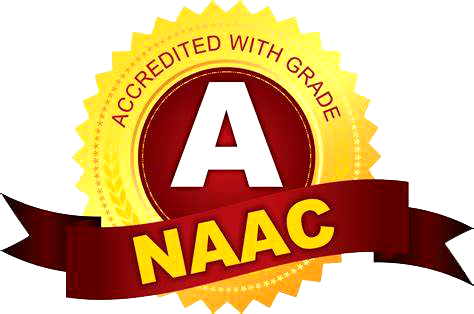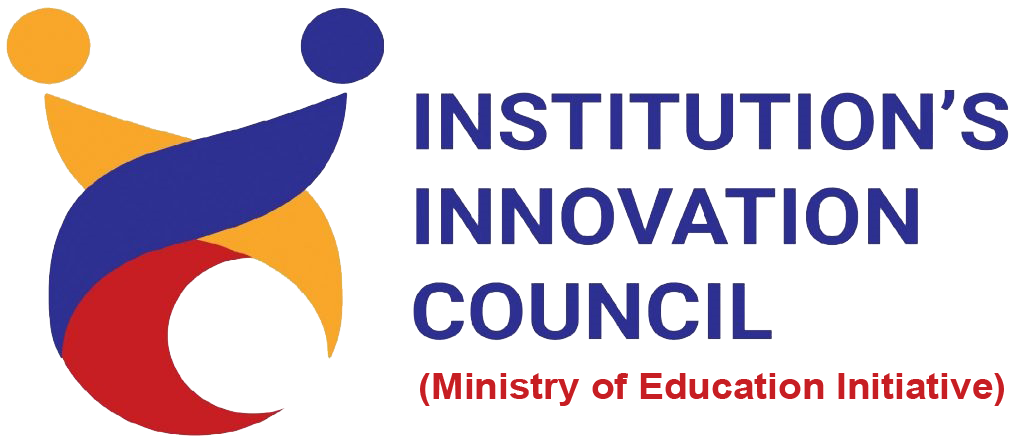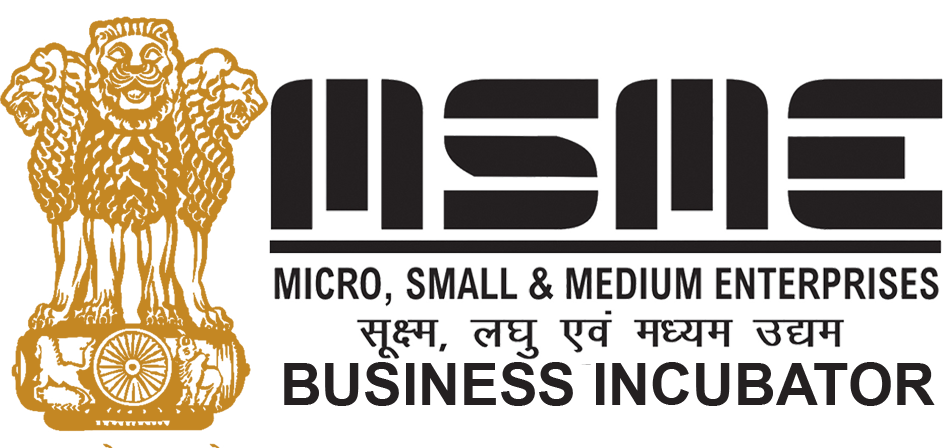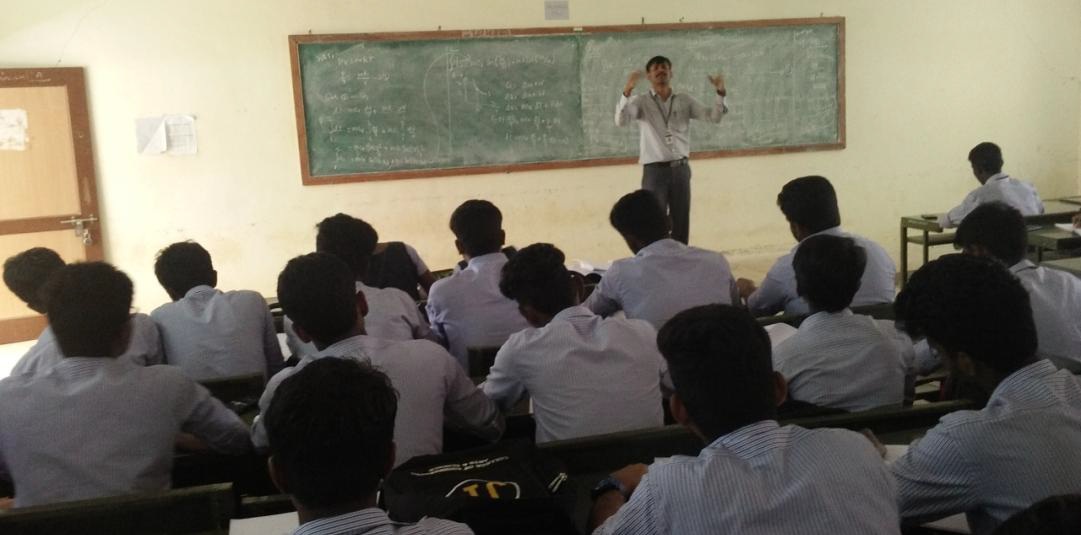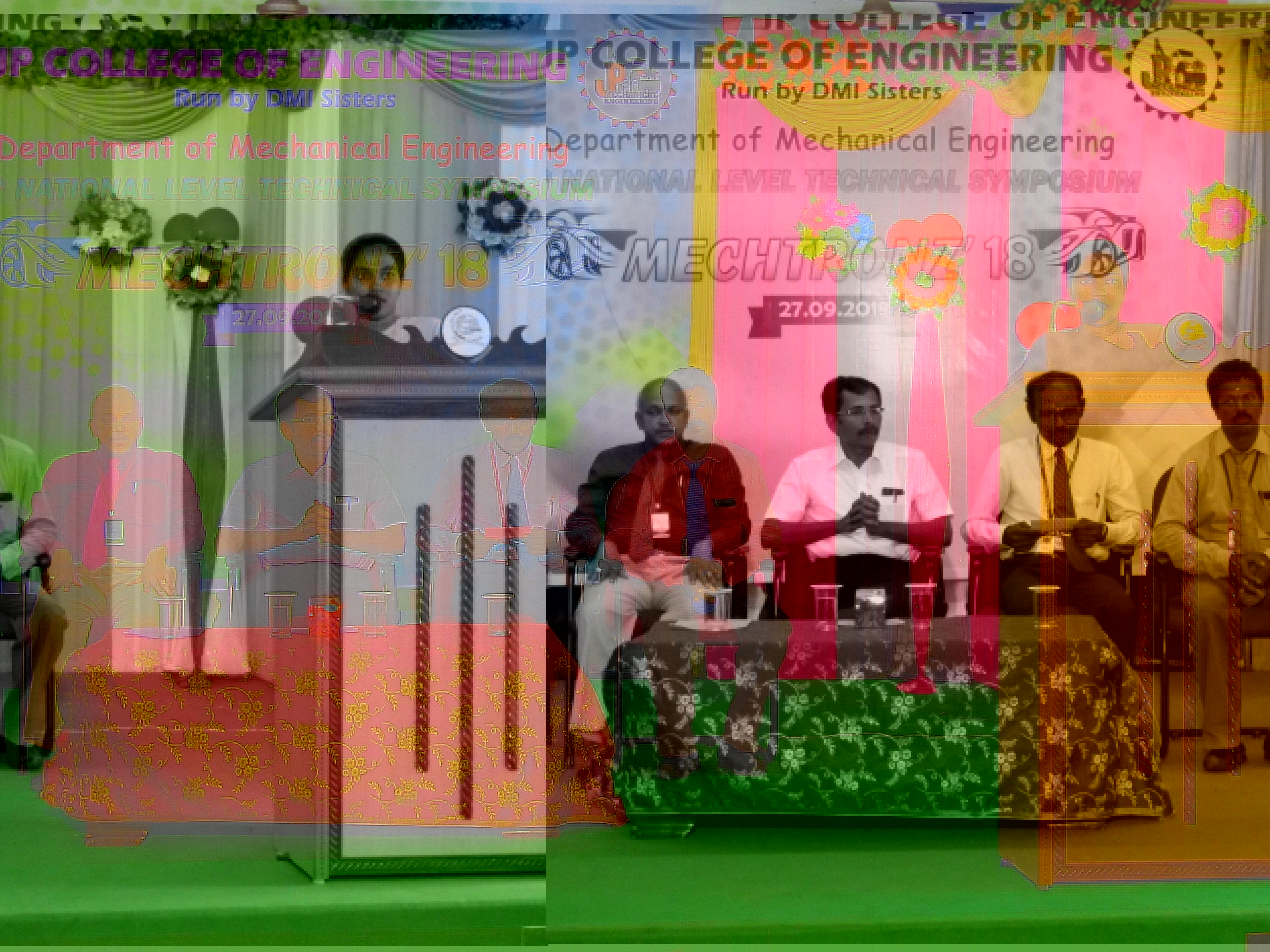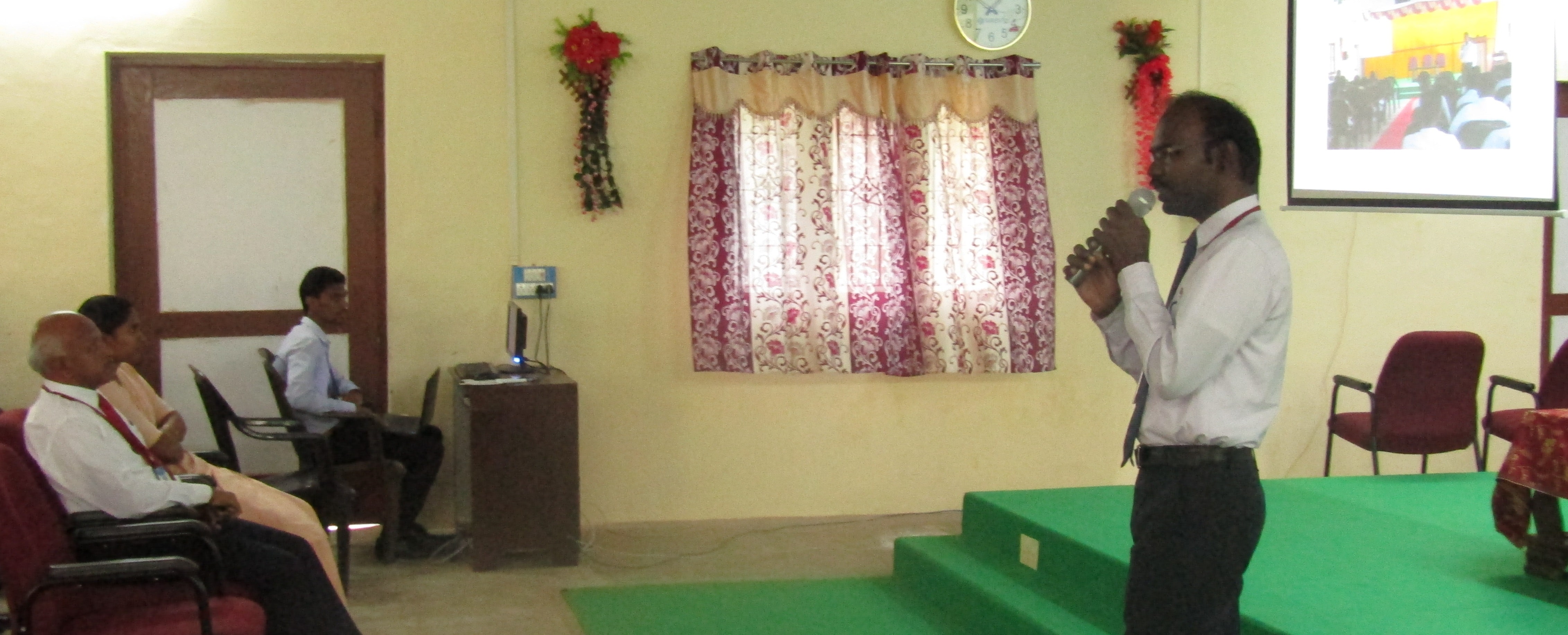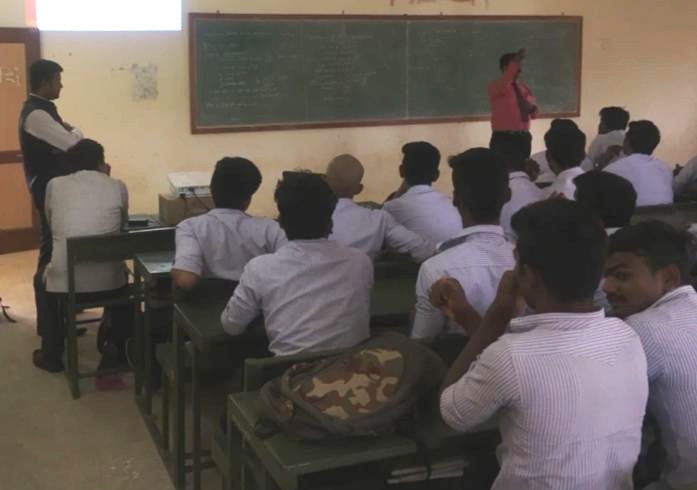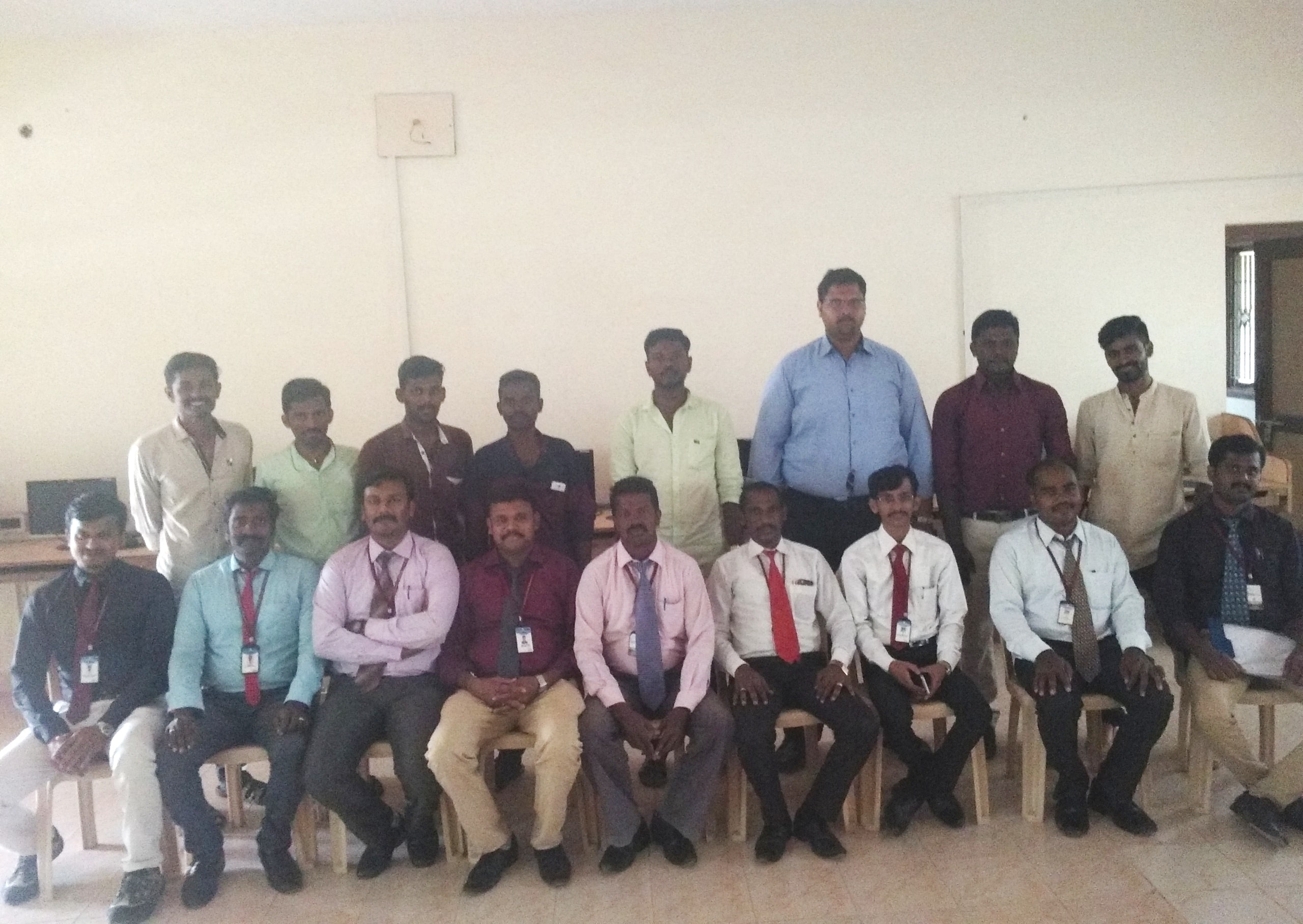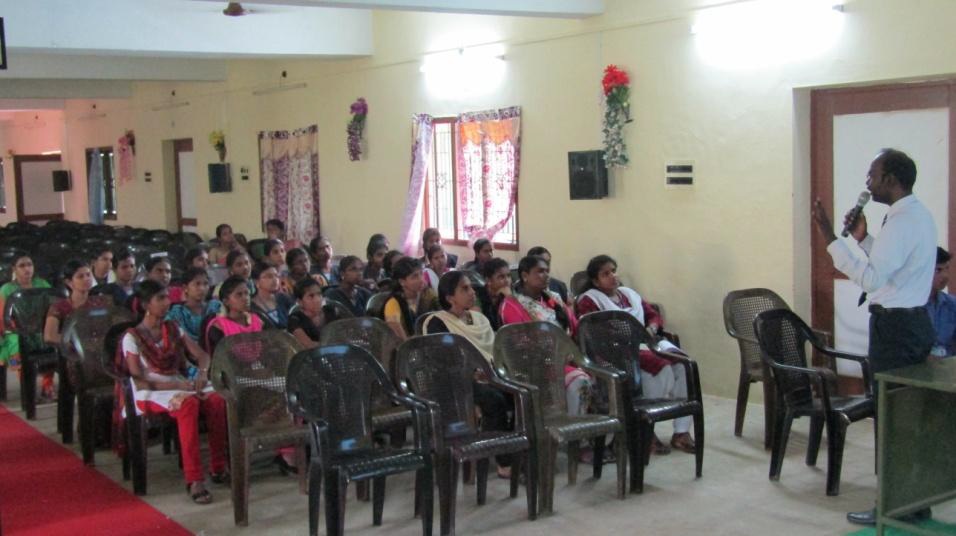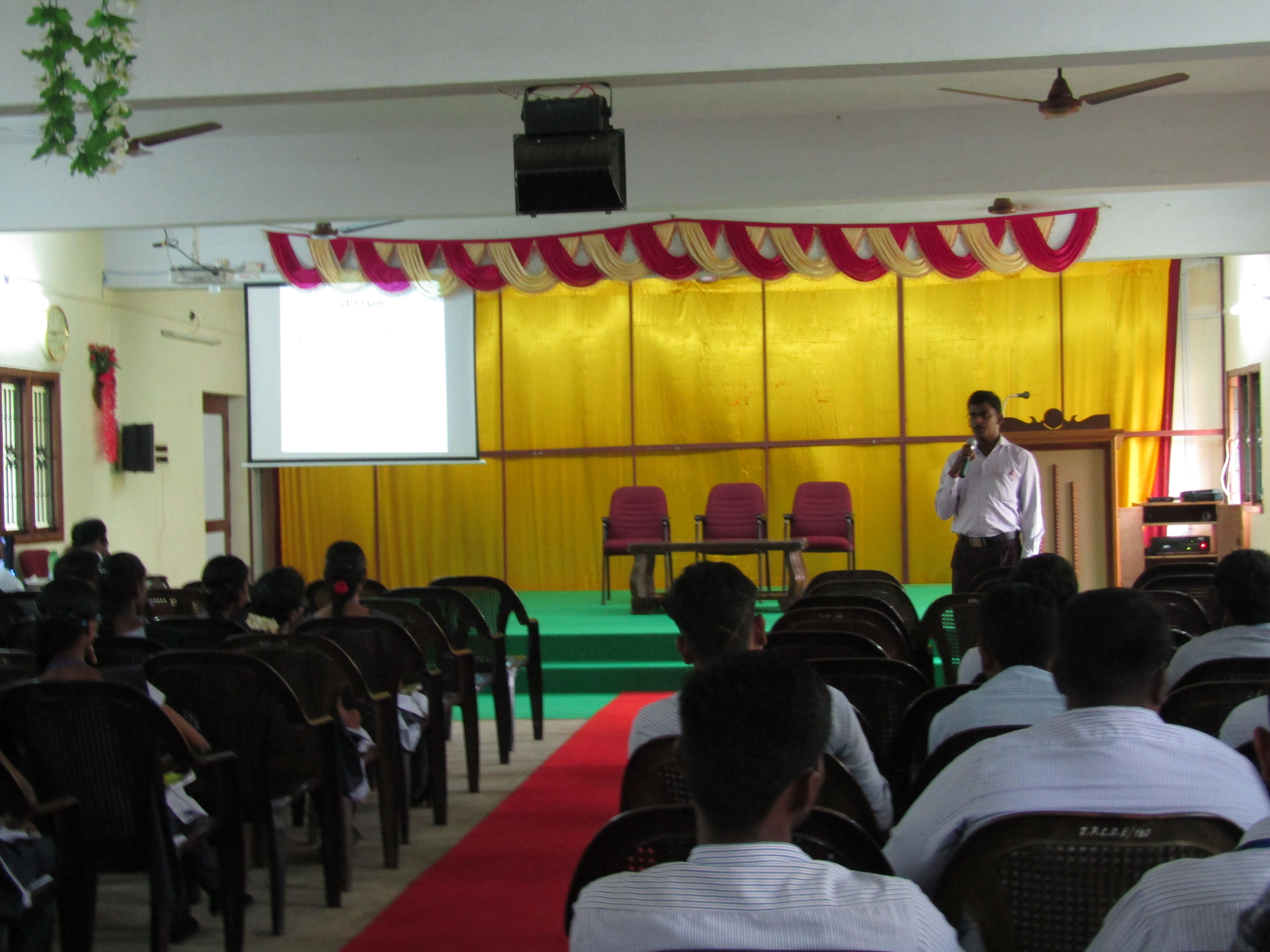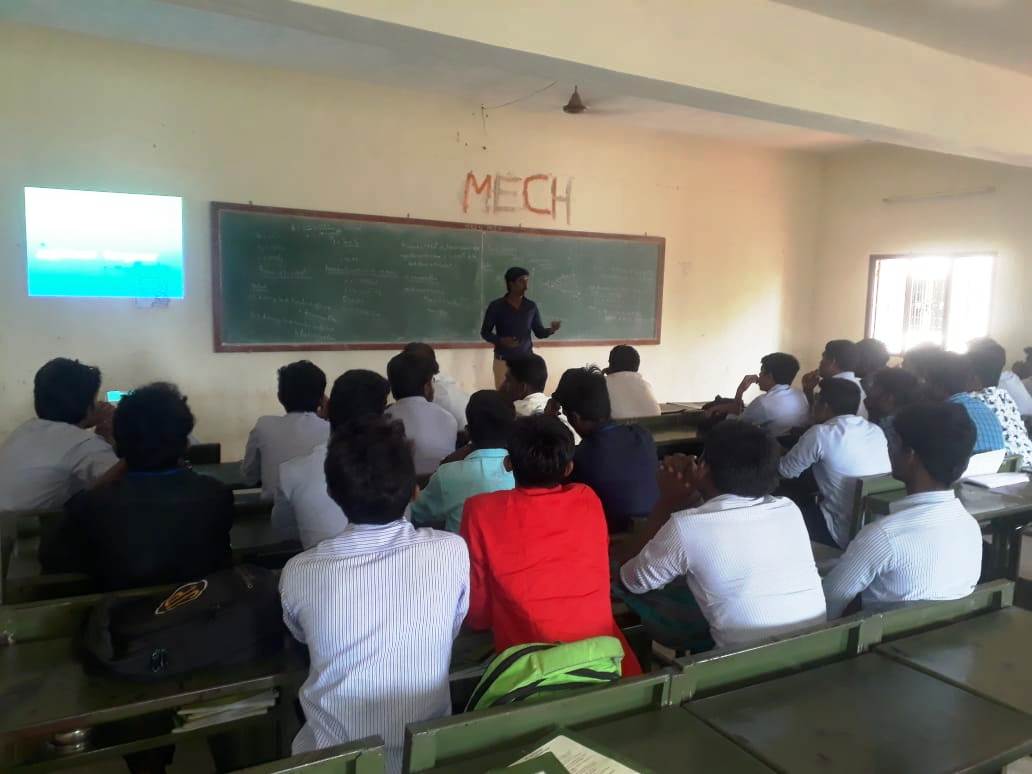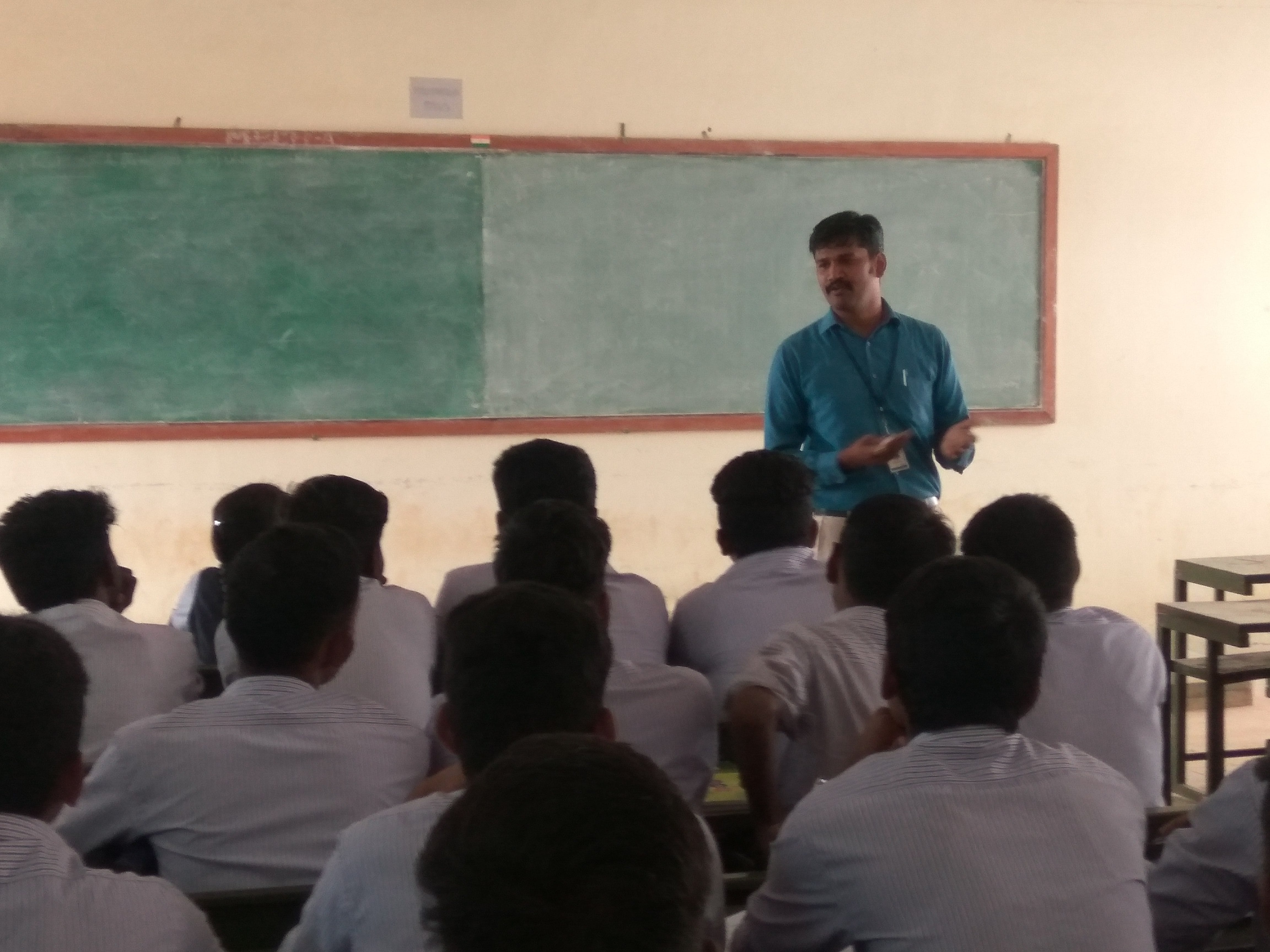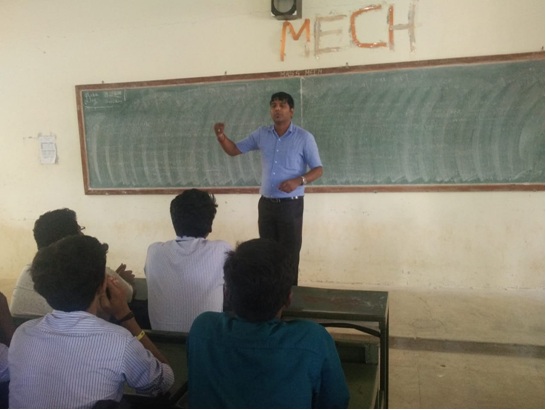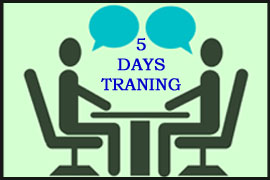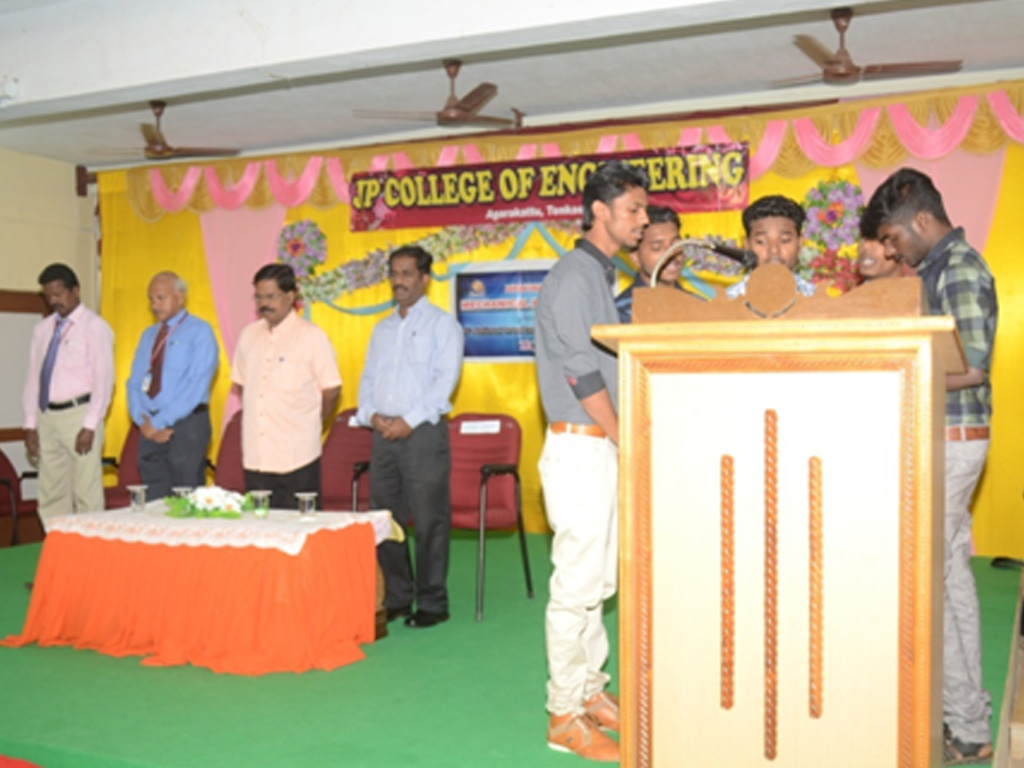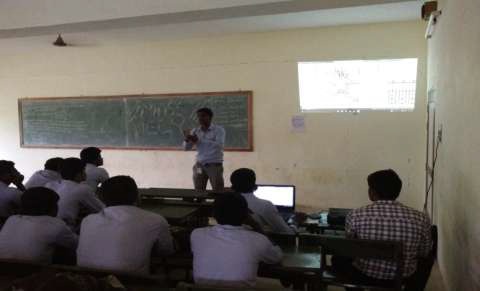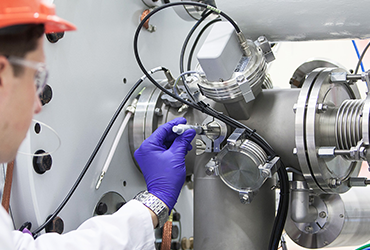
ABOUT DEPARTMENT
Mechanical engineers require a solid understanding of key concepts including mechanics, kinematics, thermodynamics, energy and manufacturing. They use these principles in the design and analysis of automobiles, aircraft, heating and cooling systems, buildings and bridges, industrial equipment & machinery, and many more.
The department was established in the year 2009 to start a four year B.E. - Mechanical Engineering program affiliated to Anna University of Technology - Tirunelveli. Initially the department was started with the student intake of 60.
FROM THE HOD'S DESK
The Department of Mechanical Engineering, one of the largest departments of the Institute, offers state-of-the-art laboratories providing hands on training to all the Mechanical Engineering Students at the Under-graduate level. The Department is continuously striving to achieve excellence in education, in academic and industry oriented projects as well as in research.
We are hereby providing our students with a perfect blend of intellectual and practical experiences that help them serve our society and address a variety of needs. At the end of the programme, students are not only industry ready but also well placed to opt for higher studies. Undergraduates are well placed in leading industries as well as in the higher education and research level institutions of National and International recognition in India and abroad. Our website will catch you up with the information about the different research facilities, academic programmes offered and the faculty who are contributing to the department to make it successful.
VISION & MISSION
VISION :The Department of Mechanical Engineering will be globally recognized as a pioneer in Under Graduate Engineering Programs through its excellence in teaching and research, catering to the significant and evolving societal needs..
MISSION :
M1: To serve the society by developing competent engineers with outstanding leadership qualities and ethical values.
M2: To address the progressive needs of the society and industry using modern engineering tools and cutting edge technologies.
M3: To inculcate the importance of professional development within budding engineers through sustained learning.
PROGRAMME EDUCATIONAL OBJECTIVES (PEO)
PEO 1: Graduates will contribute to the industrial and societal needs as per the recent developments using knowledge acquired through basic engineering education and training.
PEO 2: Graduates will be able to demonstrate technical knowledge and skills in their career with systems perspective, analyze, design, develop, optimize, and implement complex mechanical systems.
PEO 3: Graduates will be able to work in multidisciplinary environment developing complex mechanical systems.
PEO 4: Graduates will work as a team or as an individual with utmost commitment towards the completion of assigned task using apt communication, technical and management skills.
PEO 5: Graduate will recognize the importance of professional development by pursuing higher studies in various specializations.
PROGRAMME OUTCOMES (POs)
Engineering Graduates will be able to:
1. Engineering knowledge: Apply the knowledge of mathematics, science, engineering fundamentals, and an engineering specialization to the solution of complex engineering problems.
2. Problem analysis: Identify, formulate, review research literature, and analyze complex engineering problems reaching substantiated conclusions using first principles of mathematics, natural sciences, and engineering sciences.
3. Design/development of solutions: Design solutions for complex engineering problems and design system components or processes that meet the specified needs with appropriate consideration for the public health and safety, and the cultural, societal, and environmental considerations.
4. Conduct investigations of complex problems: Use research-based knowledge and research methods including design of experiments, analysis and interpretation of data, and synthesis of the information to provide valid conclusions.
5. Modern tool usage: Create, select, and apply appropriate techniques, resources, and modern engineering and IT tools including prediction and modeling to complex engineering activities with an understanding of the limitations.
6. The engineer and society: Apply reasoning informed by the contextual knowledge to assess societal, health, safety, legal and cultural issues and the consequent responsibilities relevant to the professional engineering practice.
7. Environment and sustainability: Understand the impact of the professional engineering solutions in societal and environmental contexts, and demonstrate the knowledge of, and need for sustainable development.
8. Ethics: Apply ethical principles and commit to professional ethics and responsibilities and norms of the engineering practice.
9. Individual and team work: Function effectively as an individual, and as a member or leader in diverse teams, and in multidisciplinary settings.
10. Communication: Communicate effectively on complex engineering activities with the engineering community and with society at large, such as, being able to comprehend and write effective reports and design documentation, make effective presentations, and give and receive clear instructions.
11. Project management and finance: Demonstrate knowledge and understanding of the engineering and management principles and apply these to one’s own work, as a member and leader in a team, to manage projects and in multidisciplinary environments.
12. Life-long learning: Recognize the need for, and have the preparation and ability to engage in independent and life-long learning in the broadest context of technological change.
PROGRAMME SPECIFIC OUTCOMES (PSOs)
PSO 1:Apply the knowledge gained in Mechanical Engineering for design and development and manufacture of engineering systems.
PSO 2:Apply the knowledge acquired to investigate research-oriented problems in mechanical engineering with due consideration for environmental and social impacts.
PSO 3:Use the engineering analysis and data management tools for effective management of multidisciplinary projects.
Faculty Profile
| S.No | Photo | Faculty Name | Designation | Qualification | Experience | |
|---|---|---|---|---|---|---|
| 1 | 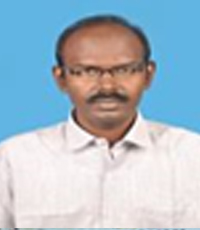 |
Mr.R.Siddharthan | Assistant Professor & Head | M.E: Product Design & Commerce | Teaching: 14 Y | siddharthan@jpcoe.ac.in |
| 2 | 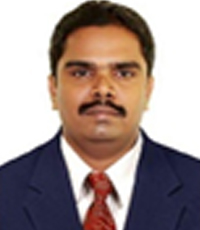 |
Dr.K.Arumuganainar | Assistant Professor | M.E: Thermal Engg,Ph.D | Teaching: 9Y 2M Industry:7 Y Poly:4 Y |
arumuganainar@jpcoe.ac.in |
| 3 | 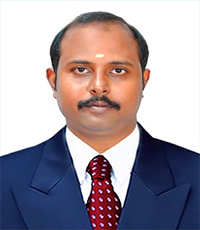 |
Dr.K.Rajkumar | Assistant Professor | ME-Thermal | Teaching: | krajkumark@gmail.com |
| 4 | 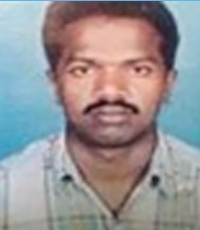 |
Mr.S.Samy | Assistant Professor | M.E: Engg. Design | Teaching:10 Y | samy@jpcoe.ac.in |
| 5 | 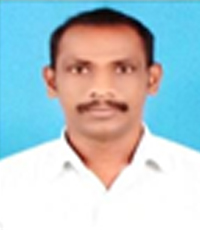 |
Mr.S.Raja | Assistant Professor | M.E: Welding Technology | Teaching:9Y 3M | raja@jpcoe.ac.in |
| 6 | 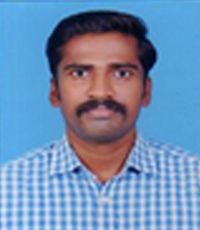 |
Mr.V.Ganesan | Assistant Professor | M.E:Manufacturing Engg; MBA:Production | Teaching:7 Y Industrial:5 Y |
ganesan@jpcoe.ac.in |
| 7 | 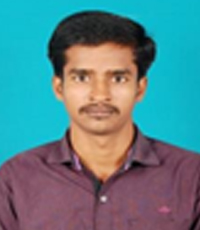 |
Mr.C.Rajasekaran | Assistant Professor | M.E: Thermal Engg | Teaching: 3Y 7M Industrial :6 M |
rajasekaran@jpcoe.ac.in |
| 8 | 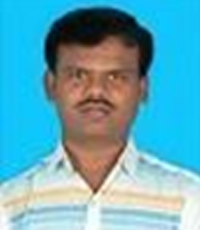 |
Mr.I.Ayyanraj | Assistant Professor | M.E: CAD | Teaching:8 Y | ayyanraj@jpcoe.ac.in |
| 9 | 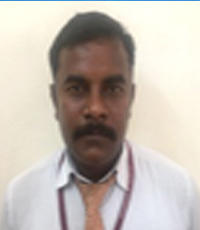 |
Mr.A.Jeyaram | Assistant Professor | M.E: Engg Design; MBA: HR | Teaching:6Y 5M | jeyaram@jpcoe.ac.in |

